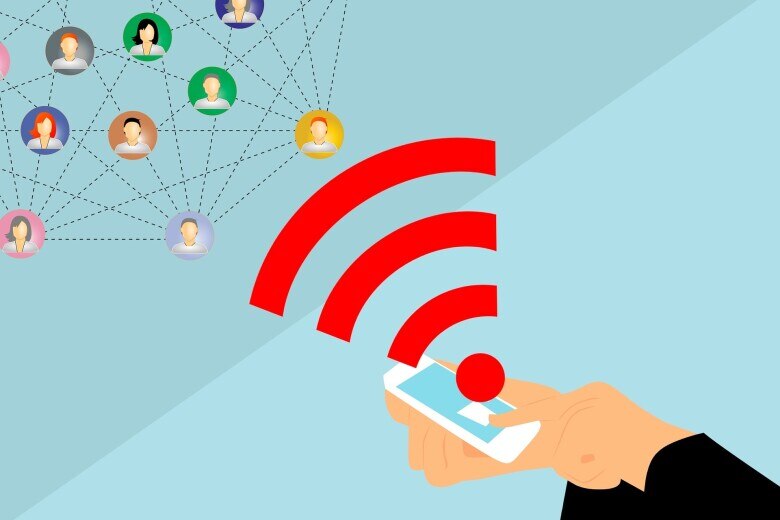Co-opetition. Frenemies. Co-opertition. We are coining new terms all the time to describe collaborative relationships among those who might otherwise be rivals. Nowhere is this more true than in the rapidly shifting healthcare landscape, where payers are becoming providers, providers are launching health plans, long-established managed care organizations are becoming ever more prominent, and lobbyists are pouring money into political campaigns.
My colleague Dr. Ed Chung recently commented on the addition of payers to the care team. And a new Modern Healthcare article by Joseph Conn does a nice job outlining many of the issues that surface when you blend provider and payer interests. I was particularly struck by this comment:
“Still, for most payers and providers, collaboration is an imperative. ‘Providers that don't own health plans need access to the data that payers have on all aspects of cost for a patient,’ said Teri Fontenot, CEO of Woman's Hospital, Baton Rouge, La. ‘Payers are beginning to realize that improved outcomes require collaboration with physicians, health systems and other care providers.’”
We encounter this all the time in our conversations with healthcare organizations across the U.S. One health plan executive described it to me this way:
“Just as a bridge requires the right foundation to effectively connect physical communities, we are creating care communities with providers and patients, and we need the right foundation for that bridge to effectively connect everyone. We think that foundation is information sharing.”
We heard similar comments during a CHIME focus group at HIMSS 2015 on the subject of the shift to value-based reimbursement models. Although that group was dominated by CIOs from health systems and regional health information exchanges, the overwhelming consensus was that survival in this new world depends on two-way access to comprehensive information including:
- EHR data
- Payer claims
- Referral and “leakage” information
- Post-acute care and social services records
The second strong message was that this shared information needs to translate into active interventions within care processes to ensure that everyone, including patients, is operating in alignment to drive to cost-effective population health management.
It was evident during that focus group that, while everyone at the table recognized the needs, and most were taking some steps to address them, virtually all were missing one or more elements from the list above, and most were missing three of the four.
Both the Modern Healthcare article and our conversations indicate one overarching theme: Greater collaboration between providers and insurers is the order of the day in most markets across the U.S. What is equally clear, though, is that we have a long we to go before we figure out how to make those uneasy alliances effective.






































